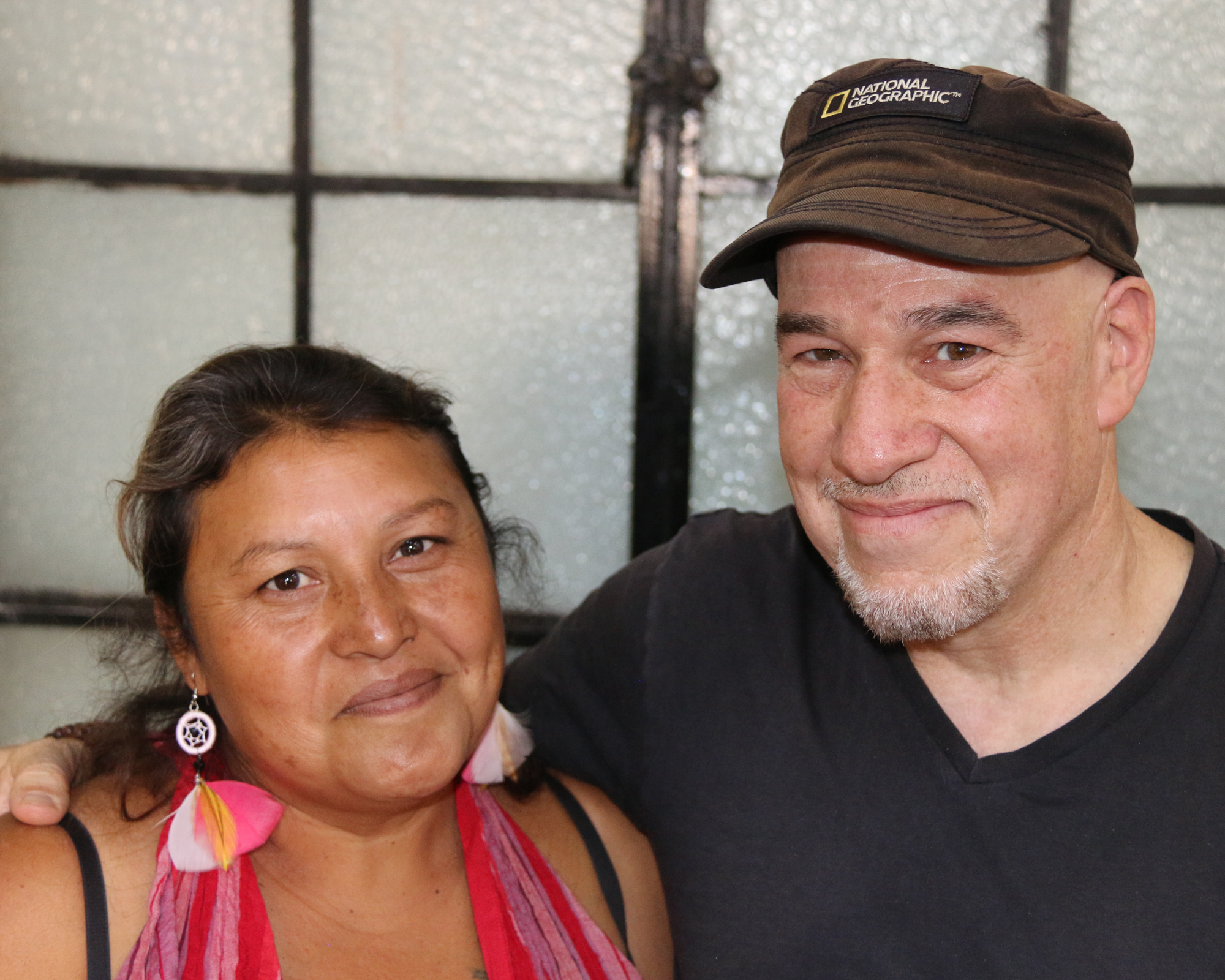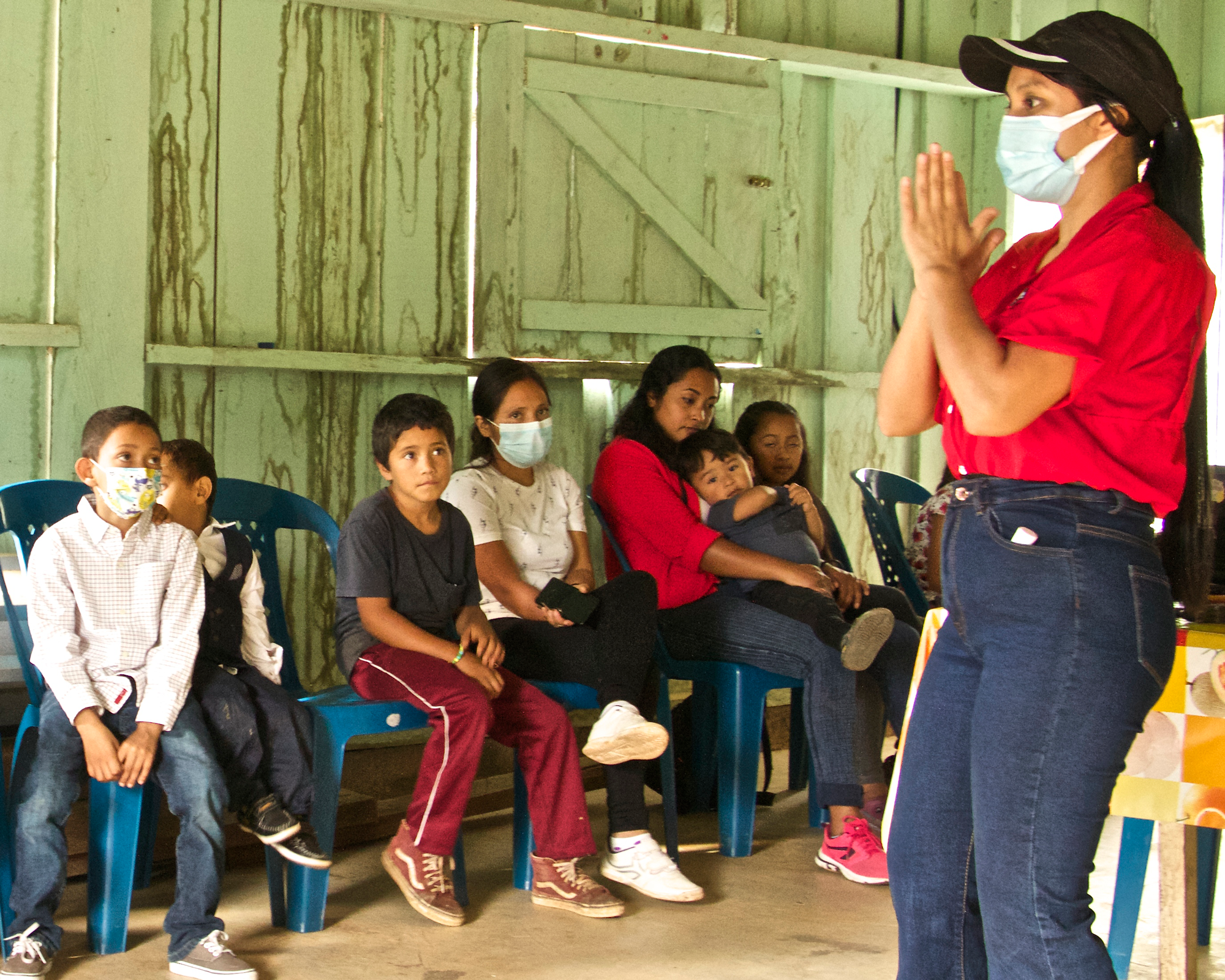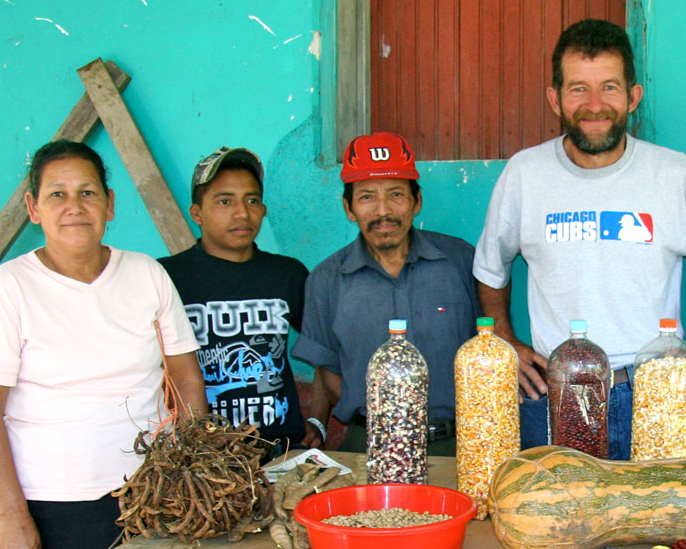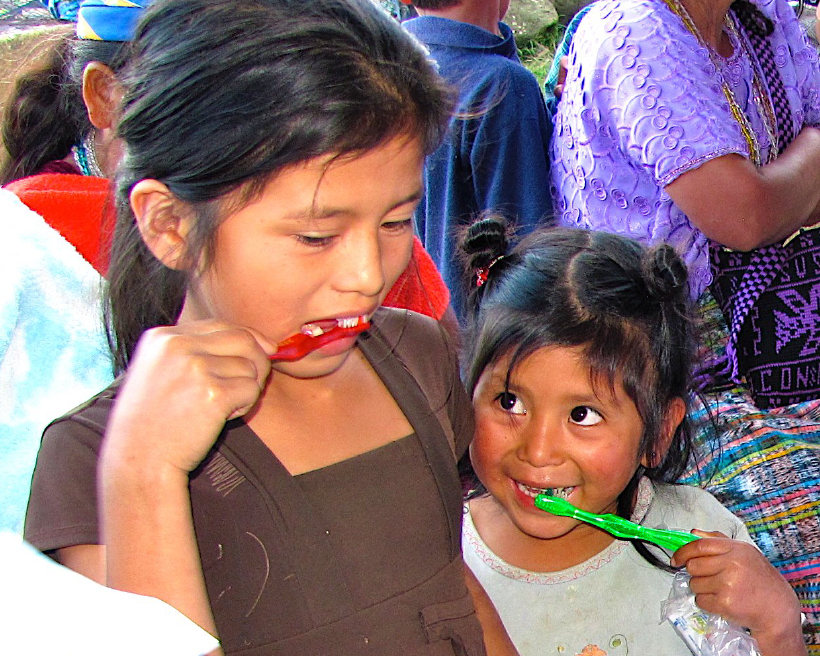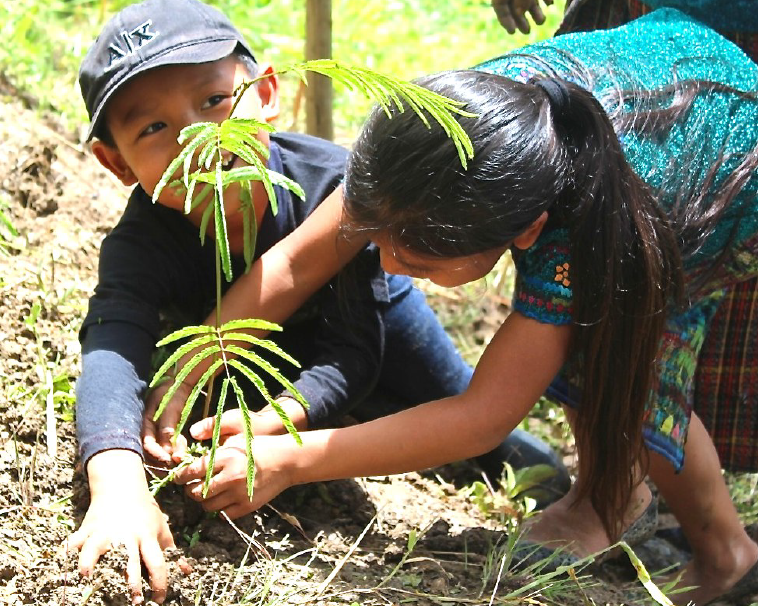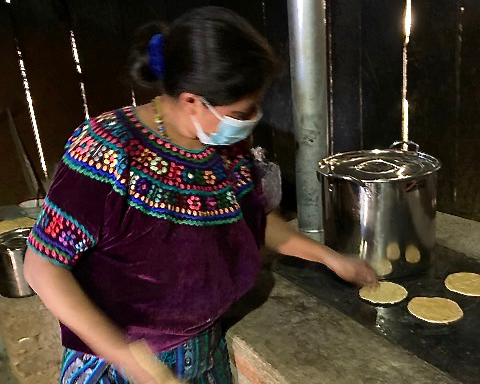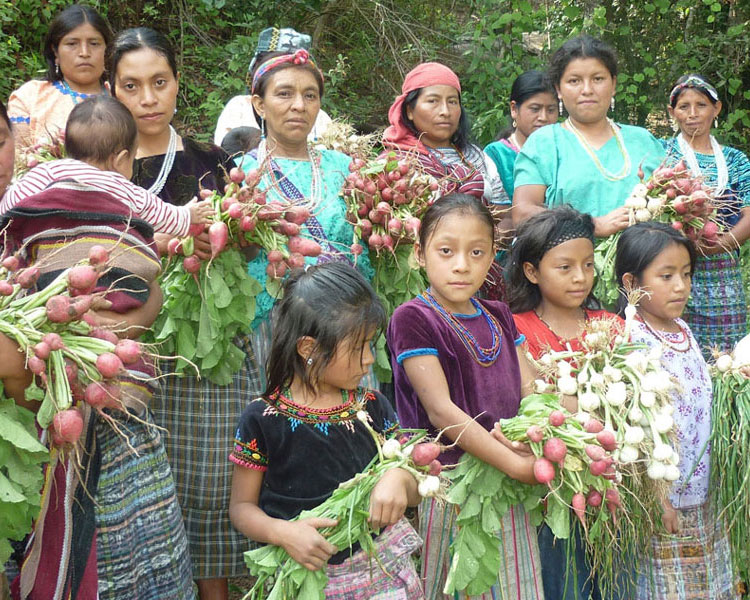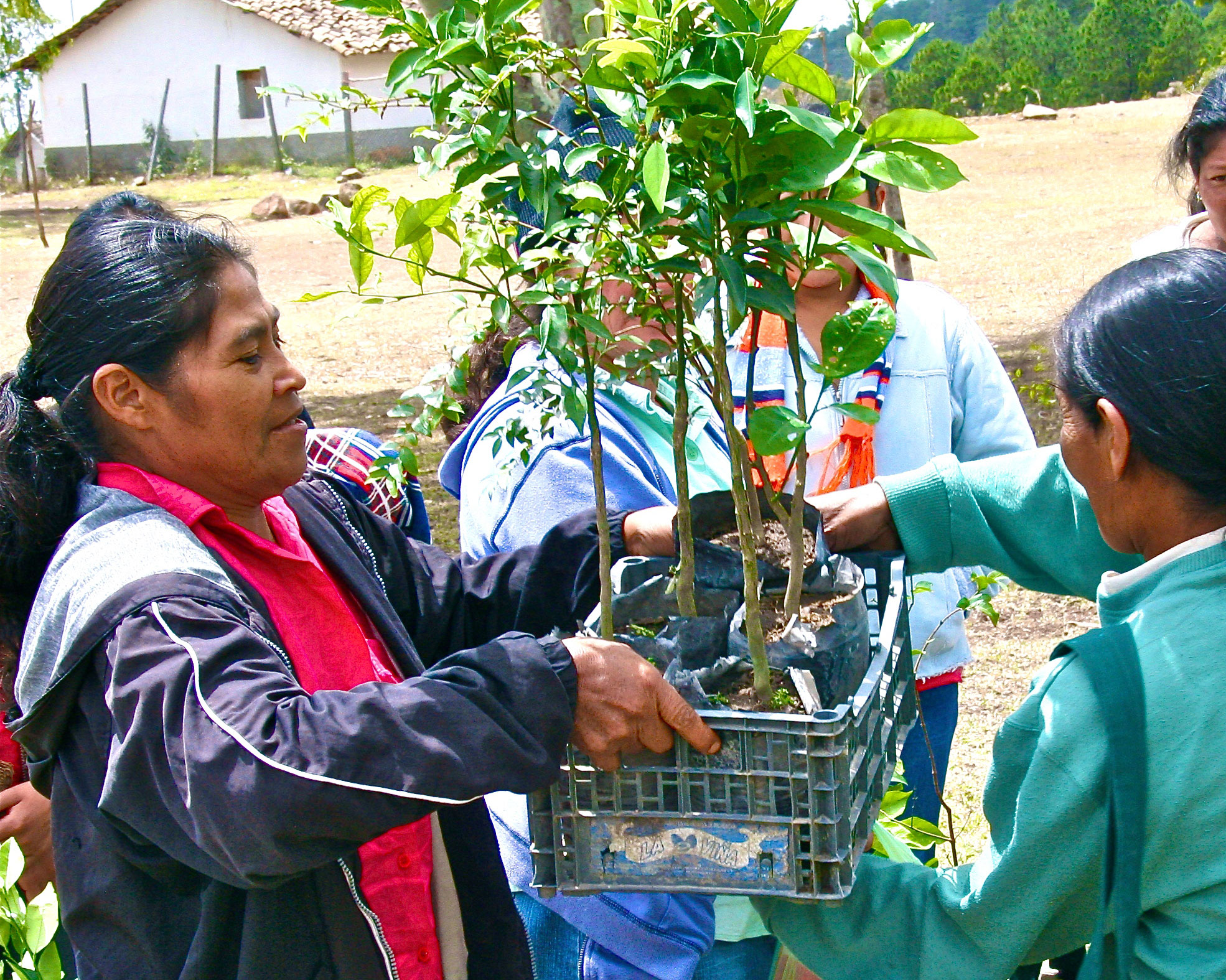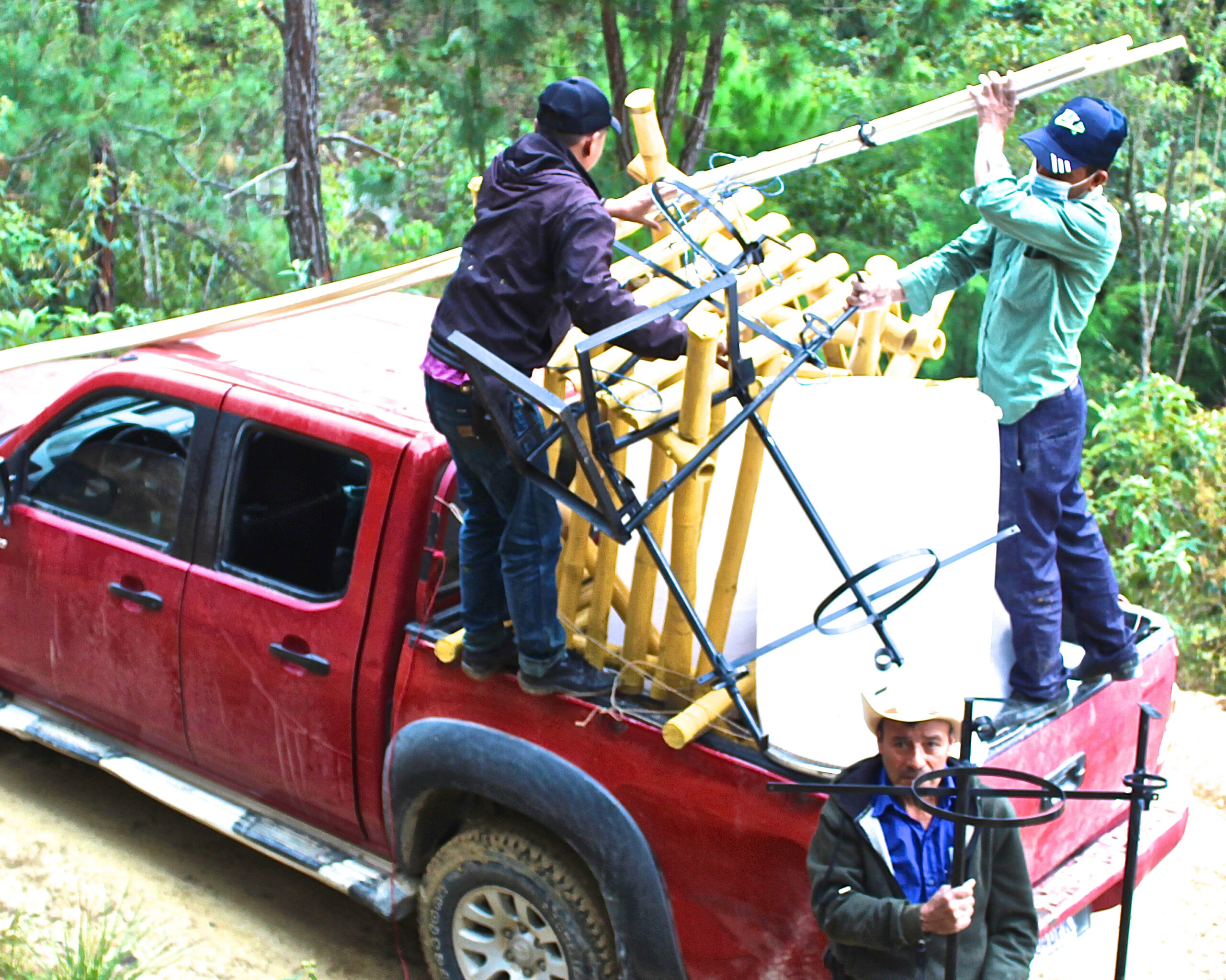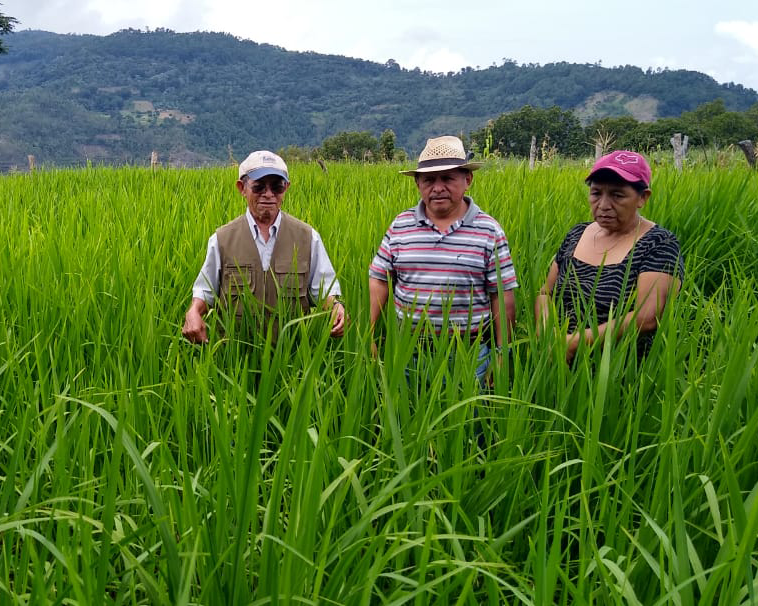Human Rights School for Memory Truth and Justice
EPIC’s programs are encouraging families in Central America to plant papayas, mangos, peaches, apples, plums, oranges, tangerines, and other varieties of fruit. Planting fruit trees gives families more nutritious food in a part of the world where food security is a serious problem and many children do not have enough nutritious food. Most families like to plant several kinds of fruit which enables them to have fruit year around since winters here are not cold.
Malnutrition Diagnostic and Treatment Kits
EPIC’s programs are encouraging families in Central America to plant papayas, mangos, peaches, apples, plums, oranges, tangerines, and other varieties of fruit. Planting fruit trees gives families more nutritious food in a part of the world where food security is a serious problem and many children do not have enough nutritious food. Most families like to plant several kinds of fruit which enables them to have fruit year around since winters here are not cold.
Maintaining Food Crop Biodiversity
EPIC’s programs are encouraging families in Central America to plant papayas, mangos, peaches, apples, plums, oranges, tangerines, and other varieties of fruit. Planting fruit trees gives families more nutritious food in a part of the world where food security is a serious problem and many children do not have enough nutritious food. Most families like to plant several kinds of fruit which enables them to have fruit year around since winters here are not cold.
Toothbrushes for Women and Children
These Fuel Saving Stoves greatly reduce the amount of firewood used for cooking as compared to using an open fire on the floor. This is a very important compliment to EPIC’s program of planting trees for reforestation. To achieve reforestation it is necessary to be planting significantly more trees than local people need to cut for cooking. Using less than half as much wood to cook also saves time and labor spent cutting, splitting, and carrying wood.
Reforestation and Family Nurseries
These Fuel Saving Stoves greatly reduce the amount of firewood used for cooking as compared to using an open fire on the floor. This is a very important compliment to EPIC’s program of planting trees for reforestation. To achieve reforestation it is necessary to be planting significantly more trees than local people need to cut for cooking. Using less than half as much wood to cook also saves time and labor spent cutting, splitting, and carrying wood.
Fuel-Saving Stoves Update
These Fuel Saving Stoves greatly reduce the amount of firewood used for cooking as compared to using an open fire on the floor. This is a very important compliment to EPIC’s program of planting trees for reforestation. To achieve reforestation it is necessary to be planting significantly more trees than local people need to cut for cooking. Using less than half as much wood to cook also saves time and labor spent cutting, splitting, and carrying wood.
Vegetable Gardens
Large communal gardens are useful to teach local women in new groups to grow a variety of vegetables. Then they can successfully plant their own home gardens. Women learn to make compost for organic fertilizers and how to prepare nontoxic, natural insecticides. Throughout the harvest season the EPIC promotors lead cooking classes using the vegetables the women have grown.
Fruit Trees
EPIC’s programs are encouraging families in Central America to plant papayas, mangos, peaches, apples, plums, oranges, tangerines, and other varieties of fruit. Planting fruit trees gives families more nutritious food in a part of the world where food security is a serious problem and many children do not have enough nutritious food. Most families like to plant several kinds of fruit which enables them to have fruit year around since winters here are not cold.
Hand-washing Stations Update
In very rural Guatemala some schools have latrines, but no place for children to wash their hands. Being able to wash hands prevents diseases from Covid to the flu to parasites. This year EPIC’s program in Baja Verapaz, Guatemala, worked with teachers and parents in 20 rural schools to build hand-washing stations. They have been very well accepted by the students and more schools are asking for them.
Tempisque Rice Updates
In 2020, 2021 and 2022, EPIC’s Rice Project - including Baja Verapaz: Sustainable Agriculture, APRODEHNI, “Laudato Si” Organic Agricultural Program, and La Semilla del Progreso - experimented with this indigenous rice, planting research plots in 4 countries. The rice had been discovered in a remote village in Honduras, called Tempisque, where it was being grown. It was planted on hillsides and not in rice paddies. Local farmers said it was strong and resilient. Now the results of the research plots have shown:


